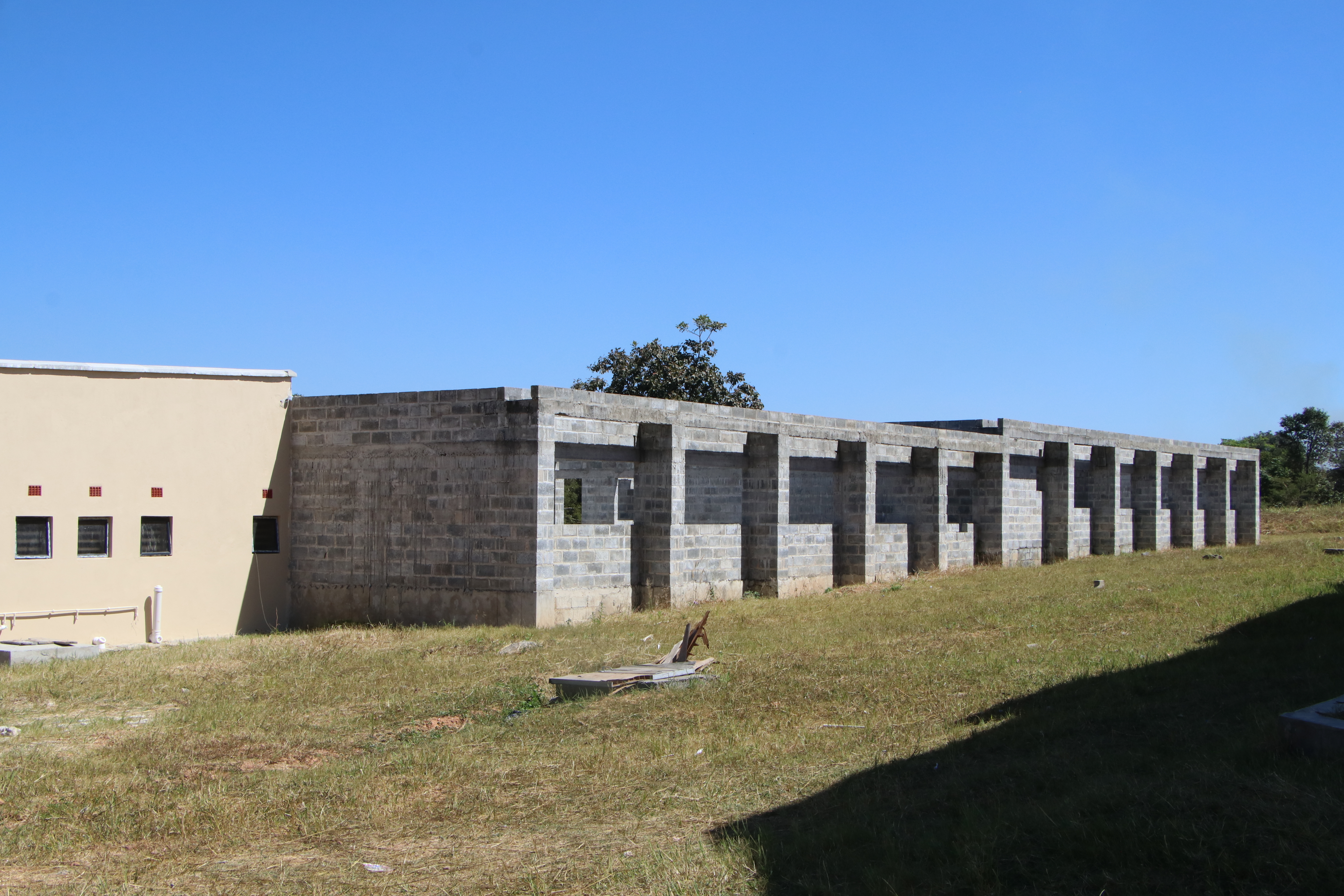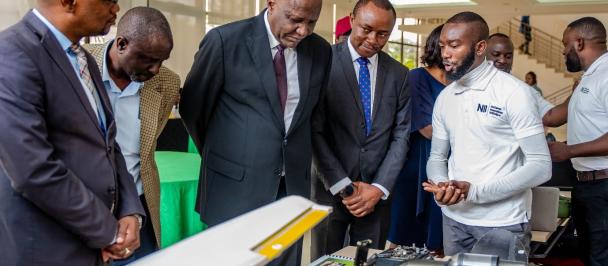AccLab Zambia partners with the Copperbelt University and the National Institute for Scientific and Industrial Research to Launch a University Innovation Pod
The UniPod Comes to Zambia: Creating Spaces for Youth Innovation
July 14, 2023

The UniPod under construction in the Copperbelt University
The Accelerator Labs in Zambia in partnership with Copperbelt University - Directorate of Research, Riverside Campus (CBU) and National Institute for Scientific and Industrial Research have birthed a first of its kind, University Innovation Pod (UniPod) in Zambia. The UniPod is a physical space being constructed at CBU offering opportunities for:
- ideating
- training
- coaching
These efforts are aimed at refining innovations, developing solutions, and building skills that promise to help students from low-income families in fabricating, prototyping, and developing their innovations into viable ventures.
With a seed investment of USD600,000 from Timbuktoo — the UNDP’s new Pan-African financing project — the CBU is set to build a state-of-the-art Pod.
Prof John Bwalya says, “It is platform for young minds to design solutions to societal problems. A national asset to benefit the whole country. Ministry of Technology and Science - Zambia Director, Ms. Jane Chinkusu sees it as a centre that will translate what youth are doing into development programs for the nation. Stakeholders in the innovation eco system drawn from government, private sector, and civil society organizations all emphasized the importance of partnership and skills sharing for the UniPod to succeed.
Voices of past National Innovation Initiative (NII) awardees jointly supported by UNDP Zambia and the National Technology Business Centre (NTBC) highlighted their expectations from the #UniPod, for it to provide innovators with mentorship, marketing skills, knowledge on mindset change as innovations and new products/services are being introduced to society, and opportunity to test their innovations in communities.
Other expectations included the need for the UniPod to support the creation of an enabling innovation environment compounded by the numerous regulatory guidelines, some of which were not applicable in Zambia, and tedious patent and copyright processes that resulted in high production costs and barriers to launch innovations on the market.

 Locations
Locations


